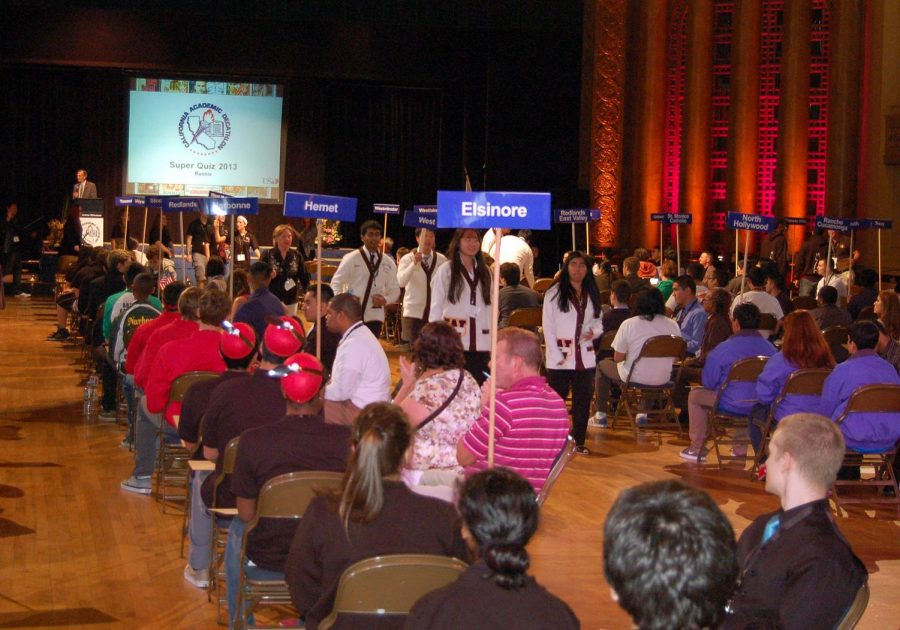ACADECA moving into first place
Congratulations to the Lubbock High Academic Decathlon team, who thoroughly dominated the competition at this weekend’s Lubbock Invitational on their way to a first place finish.
In the Varsity Division: Kaitlynn Cornelsen, 1st place; Tori Hernandez: 2nd place; Radley Rhyne: 4th place; and Jagger Garry: 5th place
In the Scholastic Division, Jaylee Braly: 1st place; Michaela Ott: 4th place; and Max Hosaka: 5th place
In the Honors Division: Luca D’Amico-Wong: 1st place; Aidan Singh: 2nd place; David Song: 3rd place; Shepard Shurmur: 4th place; and Aetizaz Sameer: 5th place
Academic Decathlon is an annual high school academic competition that is organized by a non- profit U.S.A. Academic Decathlon. Usually the competition consists of seven different objectives, multiple choice tests, two subjective performance and an essay.
The Academic Decathlon was created by Robert Peterson in 1968 for local schools in Orange County, California and was nationally expanded by 1981 by Robert Peterson, William Patton, the First president of the new United States Academic Decathlon Association (USAD) Board, and Phillip Bardos, Chairman of the new USAD Board. The year it was expanded, 17 different states participated in the competition including the District of Columbia. In 1979, the first statewide competition was held just over two years after creation, and the newly formed USAD held the first national competition in April 1982 at Loyola.
Academic Decathlon is designed to include students from all achievement levels. The teams usually consist of nine members, who are divided into three divisions based on a custom calculated grade point average; the Honors Division ( 3.75-4.00 GPA ), Scholastic Division ( 3.00-3.74 GPA ), and Varsity Division ( 0.00-2.99 GPA ). Commonly, each team member completes in all ten events against other students in his or her division, as each team passes, their scores are calculated using two overall individual scores from each team in all three divisions. Gold, silver, and bronze medals will be awarded for individual events and for overall scores. The ten events require knowledge in art, economics, language and literature, math, science, music and social studies. With the exception of math, they are thematically linked each year.



